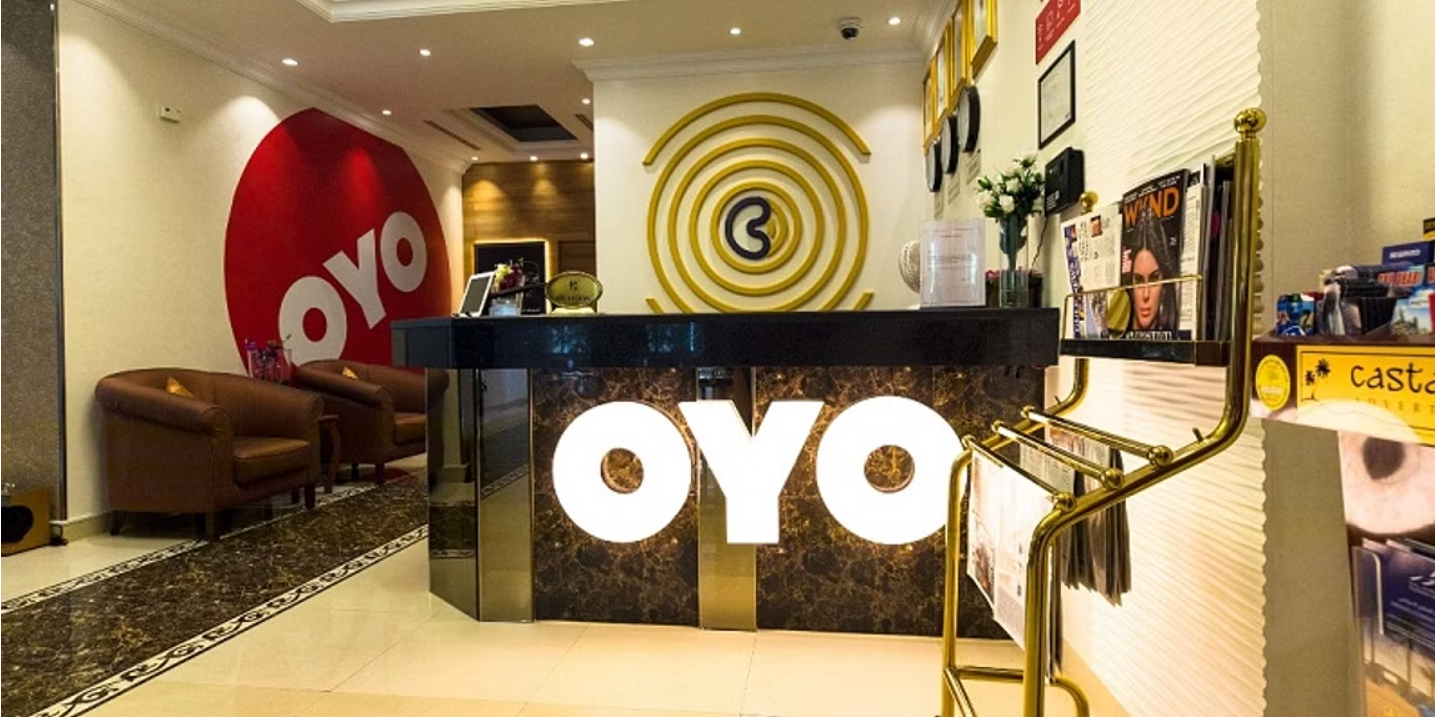ChatGPT Plus or Enterprise: Which suits your business more?
OpenAI released ChatGPT Enterprise, the business version of their AI model. Here is how different it is from ChatGPT Plus.
In August, proudly introduced the business version of its most popular AI model, ChatGPT Enterprise. Amidst concerns regarding data and privacy issues around artificial intelligence products, OpenAI proposed a secure solution for companies.
With both ChatGPT Plus and ChatGPT Enterprise in the market, users may wonder which one of these AI technologies is suitable for them. So, in this article, we will compare these two tools by OpenAI to understand their differences.
Parameters on which ChatGPT Plus and ChatGPT Enterprise differ
Privacy and data security
Data and privacy issues are a major reason why companies hesitate to use AI tools like ChatGPT. There were many doubts regarding the way OpenAI handled data that businesses input that could leak. This is why OpenAI launched ChatGPT Enterprise which is said to be Service Organisation Control Type 2 (SOC 2) compliant and conversations are encrypted.
Made by the American Institute of Certified Public Accountants (AICPA), SOC 2 is a cybersecurity framework that ensures third-party service providers store and process the client’s data securely. However, even ChatGPT Plus offers encryption in all chats.
Pricing
When it comes to the real deal that’s the pricing, ChatGPT Plus is available at $20 per month. However, ChatGPT Enterprise does not have a fixed cost. This means that a business needs to contact the sales team of OpenAI to discuss the pricing. In short, ChatGPT Enterprise pricing will depend on factors such as team size, location, etc.
Administration features and support
ChatGPT Enterprise has administrative and collaborative features that are suitable for businesses. This includes having an admin console for bulk user management and an analytics dashboard to track how much of a service is used.
Previously called Code Intreprteor, ChatGPT Enterprise gives unlimited access to this data analysis feature. With this, the AI model can visualise the data or give valuable insights when you upload spreadsheets or files.
Apart from this, ChatGPT Enterprise allows employees to share chat templates for internal communication and build workflows that help a team avoid repetitive tasks. When it comes to ChatGPT Plus features, it does not have any administrative offerings.
Usage
ChatGPT Plus became popular since it was a premium version of the GPT model and did not show the downtime message. Even so, ChatGPT Plus is not entirely unlimited and its usage is limited to 50 messages every 3 hours.
On the other hand. ChatGPT Enterprise has no usage cap and allows longer input prompts (four times more than ChatGPT Plus users).
Integration and speed
ChatGPT Enterprise has no usage limits which is why it is faster as stated in an official blog by the firm. Also, OpenAI gives free API credits that developers can use to further customise ChatGPT. Regardless, both ChatGPT Plus and Enterprise can be integrated into websites or applications.
However, your startup website may have specific needs or require general AI chatbot support. In either of these cases, your company will need to deploy the appropriate GPT model.
The bottom line is that ChatGPT Enterprise is only accessible to certain companies hence, a detailed review is required. But from its stated features, it does seem like this GPT model is designed for big companies that need an AI-powered system. When it comes to startups, perhaps directly jumping to this business version could be too much to handle and manage.












